Bahamian aquaponics growing the next wave of aquaculture advocates
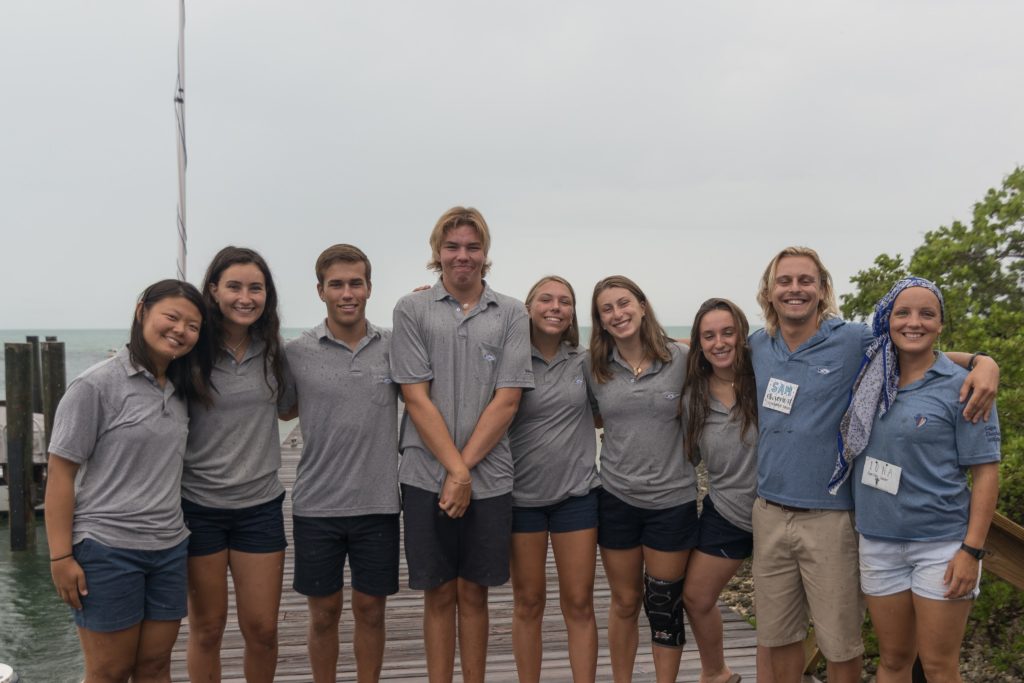 We run into confusion about what aquaculture is on a regular basis, so it’s always refreshing to see the upcoming generation informed and engaged in aquaculture. One cohort of students is seeing incredible growth in the aquaponics curriculum at its school.
We run into confusion about what aquaculture is on a regular basis, so it’s always refreshing to see the upcoming generation informed and engaged in aquaculture. One cohort of students is seeing incredible growth in the aquaponics curriculum at its school.
GAA’s newest Strategic Partner member, The Island School, is located in Eleuthera, Bahamas, and offers two 14-week semester programs and a six-week summer term each year with various learning tracks students can choose from. Every student is taught that aquaponics is essentially the combination of aquaculture and hydroponics, where the nutrients dissolved in fish waste are put to use to fertilize a variety of plants. The students that dive deeper are investigating new methodology in feed, temperature control, grow-out and harvest. Students gain a holistic view of food security and aquaponics and apply themselves to designing and collecting data with a view of optimizing the system and increasing production of both fish and plants. In doing this, students gain insight not only into the research world, but also the socioeconomic, political and environmental impacts of alternative food production.
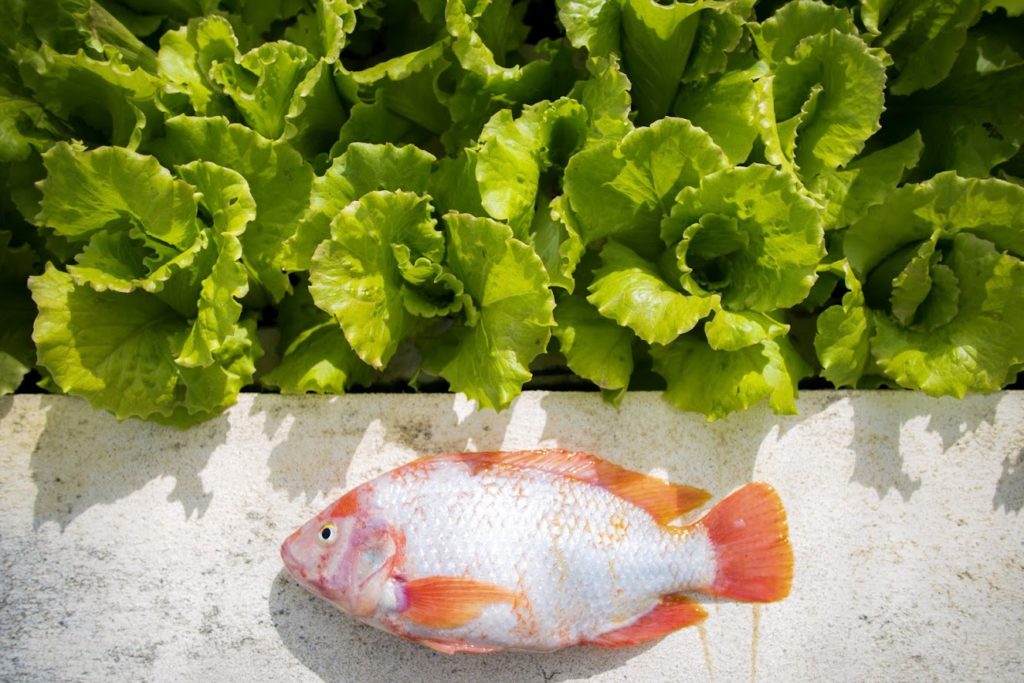 “Aquaponics uses only 2 percent of the water of traditional agriculture, with no soil needed. This makes it a viable option for sustainable food production in areas of poor soil quality such as South Eleuthera, which is made up of limestone,” said Iona Stubber, Aquaponics Sustainability Teacher. “Our aquaponics research team focused on different methods of regulating temperature within the system. Our findings have led to an exponential increase in production, causing Island School to become 100 percent food secure in lettuce year-round, ceasing the need for importation of lettuce altogether.”
“Aquaponics uses only 2 percent of the water of traditional agriculture, with no soil needed. This makes it a viable option for sustainable food production in areas of poor soil quality such as South Eleuthera, which is made up of limestone,” said Iona Stubber, Aquaponics Sustainability Teacher. “Our aquaponics research team focused on different methods of regulating temperature within the system. Our findings have led to an exponential increase in production, causing Island School to become 100 percent food secure in lettuce year-round, ceasing the need for importation of lettuce altogether.”
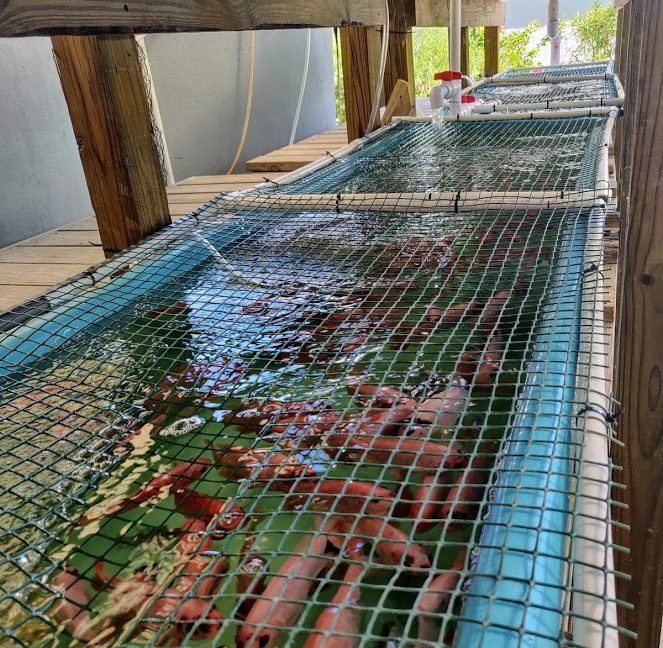
The students are raising red tilapia (Oreochromis sp.) in their aquaponics system with commercially produced aquafeed and have shown interest in what they consider a contradiction that clouds the aquaculture industry. They are asking hard questions of the industry such as, “For a system that was instilled to prevent overfishing of our wild fish populations? How is it sustainable that these fish are provisioned a diet composed of other fish? How could these fish that occupy lower trophic levels be better utilized? Is this a viable alternative option for growing food on small island developing states? How can this system be replicated around the wider world to tackle our growing food security issues?”
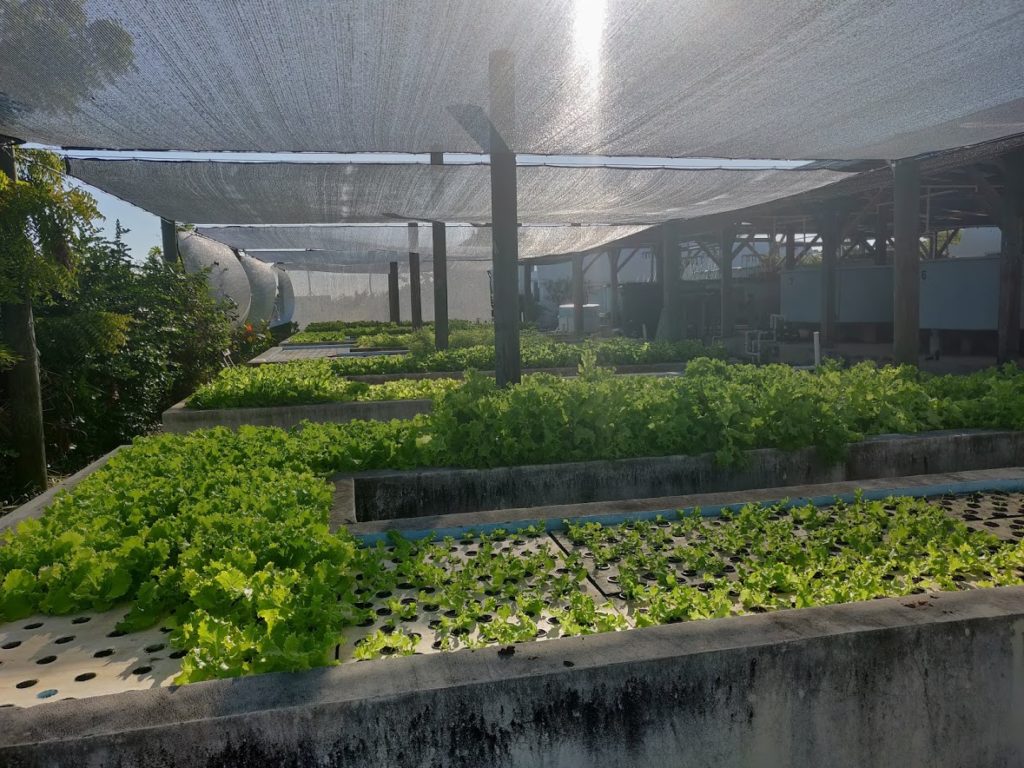 Maintenance of the aquaponics system is an everyday responsibility, including feeding fish and seeding and harvesting fresh produce for the dining hall. They are also currently looking into more sustainable aquafeed sources, including several suppliers from the United States who make black soldier fly larvae-based feed.
Maintenance of the aquaponics system is an everyday responsibility, including feeding fish and seeding and harvesting fresh produce for the dining hall. They are also currently looking into more sustainable aquafeed sources, including several suppliers from the United States who make black soldier fly larvae-based feed.
The Island School also highlights the importance of the conservation of marine ecosystems. The curriculum encourages students to explore tropical marine ecosystems through the use of SCUBA, snorkeling and freediving and through this exploration learn the complex systems and fisheries management issues that deserve our attention.
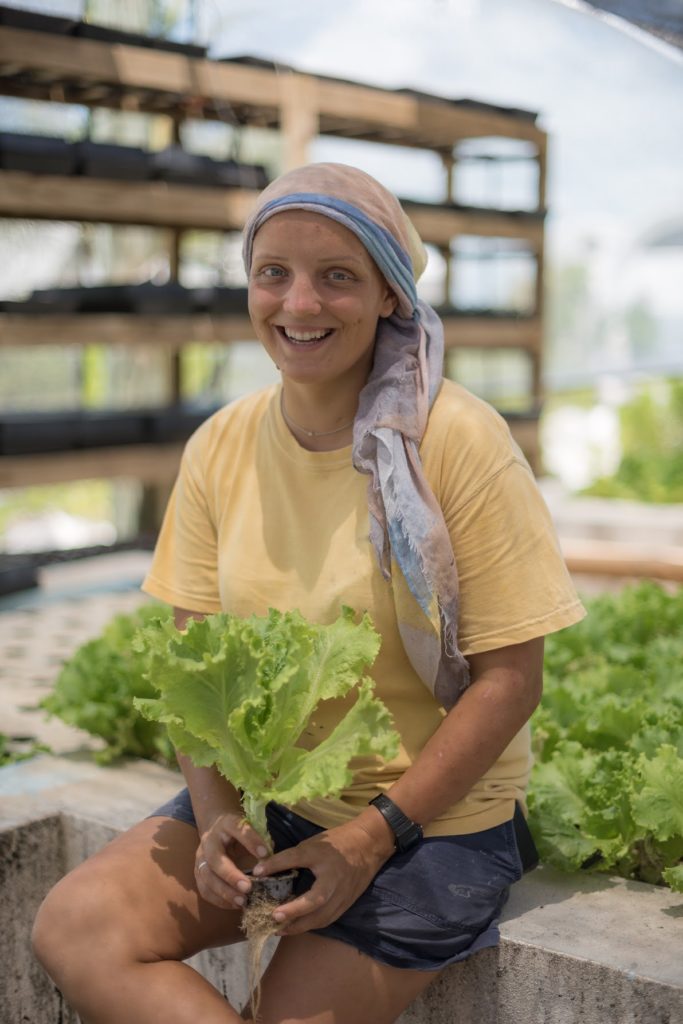
The Global Aquaculture Alliance’s vision is a world that embraces and enables the role of responsibly farmed seafood in meeting global nutrition needs, and the Island School certainly sets a great example of doing just that. We are proud to have them as a Strategic Partner member of GAA!
Many thanks to Iona Stubber, Aquaponics Sustainability Teacher at The Island School.
To see some of The Island School’s students’ work in action, visit the Member Toolkit to view an infographic they made as a result of their research. For GAA Members only.



